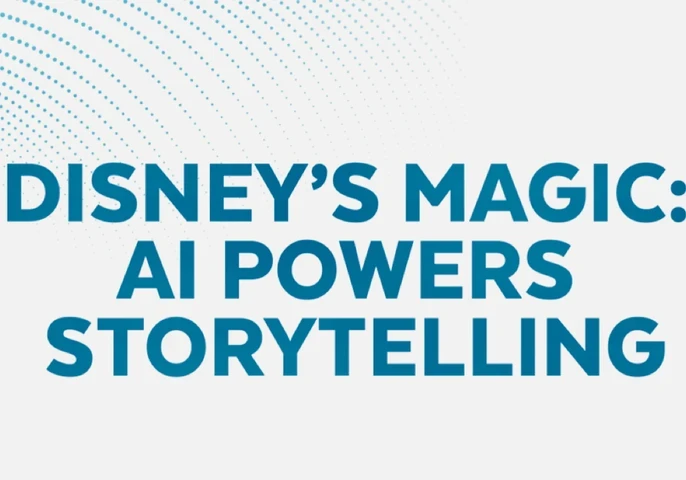In the business world, the constant change of technology can make operating a business become tricky. There are many problems that businesses face nowadays and one of the most common issues is how to handle Intellectual Property (IP). The more a company grows, the more complicated it becomes to handle IP assets, Including patents, trademarks, and copyrights while trying to comprehend global markets. AI or Artificial Intelligence technology has become a revolutionary and powerful asset to businesses in effectively managing resources like their intellectual property. The following opportunities include how a business can take advantage of having AI perform IP management

AI Applications In Patent Analysis
Patents are important in protecting valuable technological innovations. But because of the many patent applications submitted every year, it is very difficult for businesses to monitor and analyze the patent landscape. AI offers solutions for this in the form of tools that can analyze patent databases quickly. AI tools can sift through patent databases for relevant patents and appraise them against the company's IP strategy. Moreover, patent texts can be analyzed with machine learning algorithms, where classification and prediction of patent approval using historical data can be done.
Employing AI for patent analysis enables firms to track competitors, potential infringers, and new avenues for innovation. AI can also help draft patent applications by assisting with prior art citations and refining the language of the patent claims. This streamlines the application process while improving submission quality.
Trademark Raid Monitoring and Enforcement
Trademarks are invaluable as they form a company’s brand identity. While protecting these assets, they need to watch for possible infringement which is equally important. AI technologies are able to monitor trademarks proactively by searching for breaches across cyberspace, websites, and social platforms. Unauthorized use of logos can be identified by image recognition algorithms and NLP can flag mentions of brands that could be misusing them.
In detecting any infringement, AI can help compile the evidence and build reports to justify taking action. Such an approach allows businesses to manage their reputation proactively and mitigate losses incurred by breaches. AI has an additional benefit for businesses in conducting comprehensive trademark searches for them so that the risks associated with adopting a brand name that already exists are minimized.
In detecting any infringement, AI can help compile the evidence and build reports to justify taking action. Such an approach allows businesses to manage their reputation proactively and mitigate losses incurred by breaches. AI has an additional benefit for businesses in conducting comprehensive trademark searches for them so that the risks associated with adopting a brand name that already exists are minimized.

AI Rewriting Market Research
AI and ML shift market research from static surveys to always-on, predictive insight pipelines tuned to complex customer behavior.
Copyright Management and Licensing
Every creator’s property right must be protected through copyright management on a creative work. There are several ways AI can help in copyright management, one of which is automating usage tracking of content on different platforms. For example, AI can scan through YouTube and steaming services for copyrighted audio and video materials to check if they are used without permission.
Through AI technologies, companies are able to ensure that their copyrighted assets are licensed out and used only within the agreements. AI technologies can also speed up the negotiation process of licenses by researching trends in the market and the history of licensing for any business.
Organizations can set better competitive licensing conditions that can help increase revenue by using proprietary resources due to the presence of data. In addition, AI can also organize and manage large volumes of licensing agreements to guarantee compliance and streamline audit processes.
Building Agentic AI on RPA
Use rule-based automation as the execution spine for AI agents, adding judgment on top of trusted workflows to scale with control.

Improving IP Strategy Through Predictive Analytics
The utilization of AI in the domain of IP Management performs the greatest with predictive analytics. Businesses with an appropriate amount of historical data and a well-trained machine learning model can create forecasts as well as make decisions regarding their IP strategies. Predictive analytics can determine upcoming areas of technology and innovation that can be valuable to any business. This ability allows businesses to focus their research and development spending's on the activities most likely to succeed.
Additionally, predictive analytics can provide a value estimate and determine the influence of a company’s IP portfolio, making it easier to decide which assets to keep and which ones to sell off. Businesses can also take proactive steps to manage IP risk as they look to identify potential litigation or IP disputes through understanding competitive IP procurement activities. Such a proactive stance on IP strategy and policy helps the business respond quickly to changes in the market.

When Experience Gaps Drain Value
Explores how skills shortages and lost institutional knowledge erode advantage—and how shifting left with AI-enabled self-service can contain the damage.
Conclusion
Businesses can defend and fully harness their intellectual property assets with ease by incorporating AI into their processes. From patent analysis and trademark monitoring to copyright management and strategic planning, AI can successfully tackle the challenges presented by the contemporary ecosystem of intellectual property. Using these technologies equips businesses with the means to protect their inventions and innovations, fortifies their brand, and fosters sustainable growth.







Comments ( 0 )